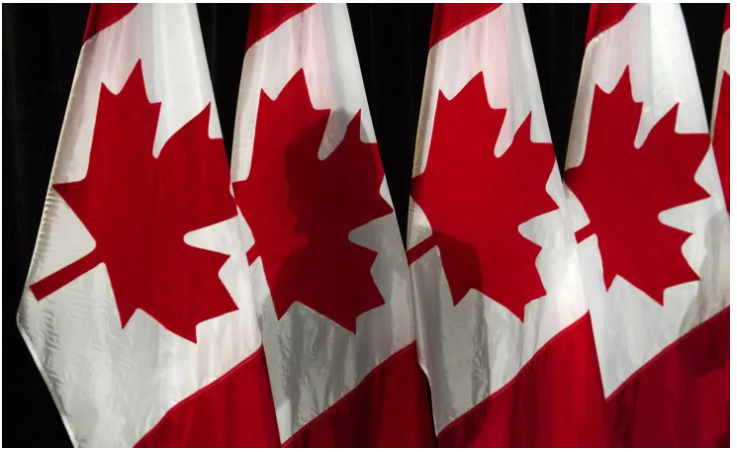 Canada’s economy is showing promising signs of resilience, even as the specter of new tariffs and global trade tensions looms, according to a leading economist. Amid fluctuations in the global market, robust domestic demand, steady job growth, and strategic policy interventions have contributed to a cautiously optimistic outlook for the country’s economic performance.
Canada’s economy is showing promising signs of resilience, even as the specter of new tariffs and global trade tensions looms, according to a leading economist. Amid fluctuations in the global market, robust domestic demand, steady job growth, and strategic policy interventions have contributed to a cautiously optimistic outlook for the country’s economic performance.
While tariffs, particularly on key sectors like manufacturing and agriculture, pose potential risks to Canada’s export-driven economy, analysts argue that the nation’s diversified trade partnerships and focus on innovation are mitigating these challenges. The United States, being Canada’s largest trading partner, plays a pivotal role in these dynamics, as ongoing negotiations around trade agreements continue to create uncertainty for businesses.
Canada’s economic fundamentals remain solid, supported by a well-functioning labor market and resilient consumer spending said the economist. Additionally, efforts to reduce reliance on single export markets and tap into new global opportunities, such as the Indo-Pacific region, are expected to offset some of the pressures from potential tariffs.
However, concerns linger over the Bank of Canada’s monetary policy, which remains vigilant in combating inflation while fostering growth. The central bank’s ability to navigate these dual objectives will be critical in determining the pace of recovery, the economist noted.
The housing market also remains a focal point, as rising interest rates and affordability issues weigh heavily on Canadian households. Despite this, government initiatives aimed at increasing housing supply and curbing speculative activity are gradually improving market conditions.
In conclusion, while the path ahead is not without challenges, Canada’s economic backdrop demonstrates an underlying strength. Policymakers and businesses alike are working to adapt to an evolving global landscape, ensuring the country remains on a steady trajectory of growth, even amidst the uncertainties posed by tariffs and trade tensions.

